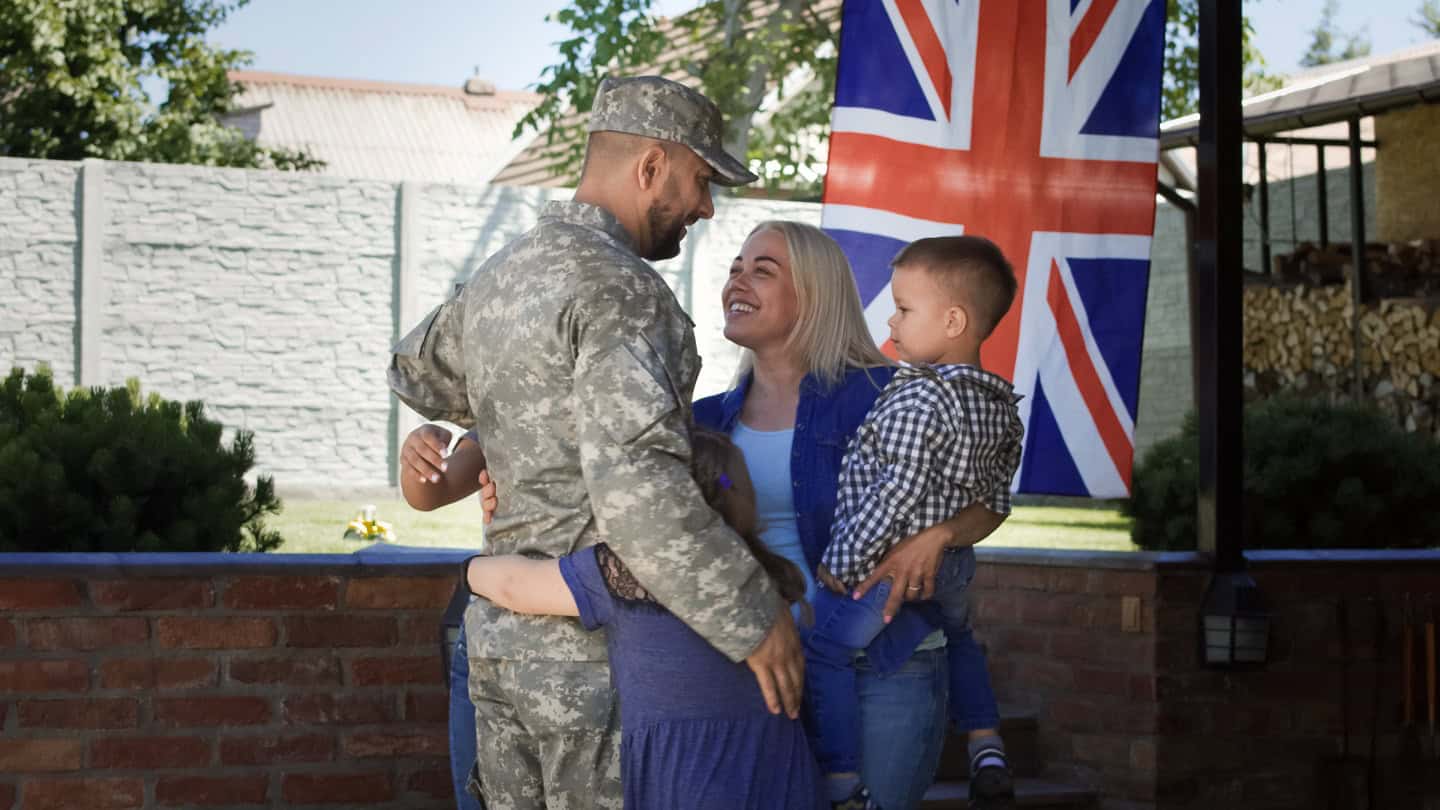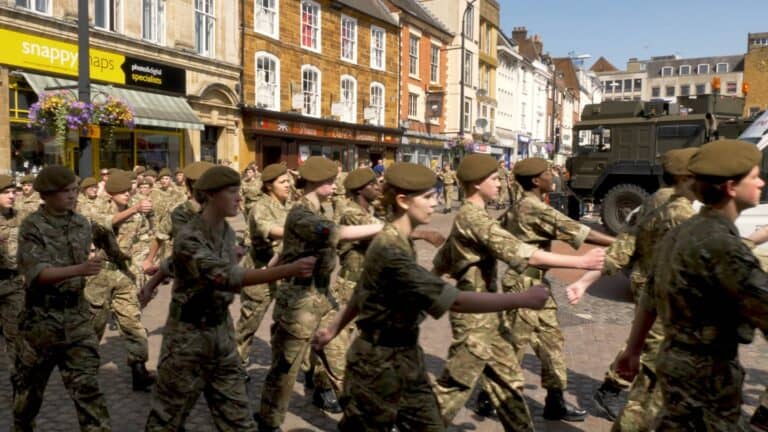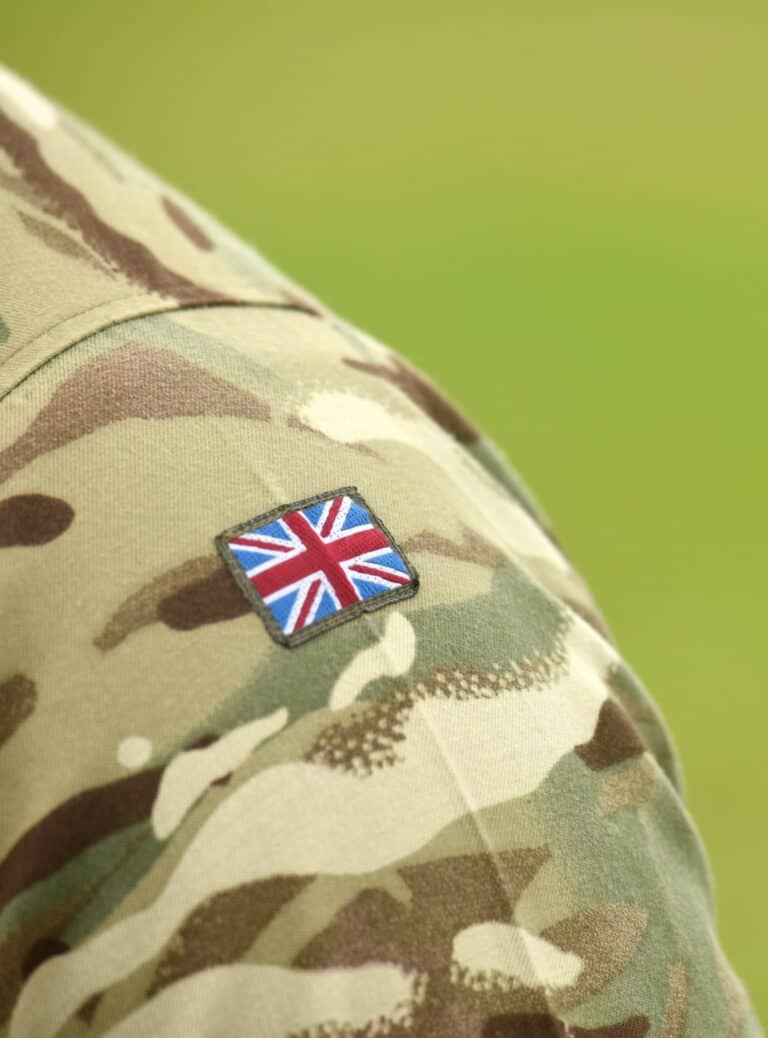
The Women behind Service Personnel
This week the BBK Military team are shining a light on the experiences of women in the Armed Forces, who make up approximately 10.4% of the Forces.
I wanted to take this opportunity to focus on the contribution of all the women who fulfil a vital role in supporting service personnel at home.
Forming part of the Armed Forces Community
Across the Armed Forces it is acknowledged that the stability of family life has a huge impact on the welfare of those serving and the operational effectiveness of the military as a whole.
In fact, the Armed Forces Covenant defines the Armed Forces Community as including the family of regular personnel, reservist and veterans, all of whom are covered by the Covenant and the obligations that flow from it.
The aim of the Covenant is to ensure that those who are serving, or have served, and their families are not disadvantaged compared to other citizens.
Life in the Military
Army spouses and the wider family network play a key role in supporting service personnel in their careers. This includes embracing the military lifestyle which can involve moving around the country or overseas.
Under the Armed Forces Covenant support should ‘be given to minimise the impact of mobility caused by Service’ and to ‘take into account the effects of postings…often away from family connections’. However, some of the partners of the client’s I represent have said that the fast-moving nature of the military does often means that their own careers come second.
Service personnel also have to complete exercises and courses away from home. They can also be sent on deployment which may mean they spend long periods of time separated. Fortunately, the Armed Forces Community seems to have lots of initiatives to help make these periods as easy as possible.
In my view, the role of the partners of those who are serving cannot be undersold and their contribution to our Armed Forces should be widely recognised.
Supporting an injured partner
In my role, I only get to speak to service personnel when they have experienced an injury or illness. From my experience, it is often a serviceman’s wife or family member who is first to notice when something isn’t right. They are also often the driving force behind searching for answers and in looking at what options are available.
I have seen first-hand the wider impact an injury can have on the family, who often provide care, love and support during the recovery period and beyond.
Sadly, often an injury can lead to a medical discharge, meaning that the whole family has to leave the military and transition to civilian life before they wanted to. I have lost count of the wonderful stories told to me by my clients explaining how their spouse has helped them to overcome and adapt to their new realities.
Supporting a loved one through a legal claim
Where an injury has been caused due to negligence a service person can bring a claim for compensation.
A partner is often the primary carer and has to take on additional responsibilities in the family.
I often take witness statements from the partners of my clients to find out what has changed since the injury or illness. The time spent looking after the injured person then forms part of the claim. My clients also often seek support from their partners when the claim is close to settlement.
The claims process can be challenging and my firm recognises the impact felt by the wider family. We have become the first Platinum Sponsor of a charity called Reading Force which helps to keep families connected during difficult times and we hope that this will help our clients’ families throughout the claims process too.
If a loved one has suffered an illness or injury during service please do get in contact with our dedicated military team to see if we can help.










